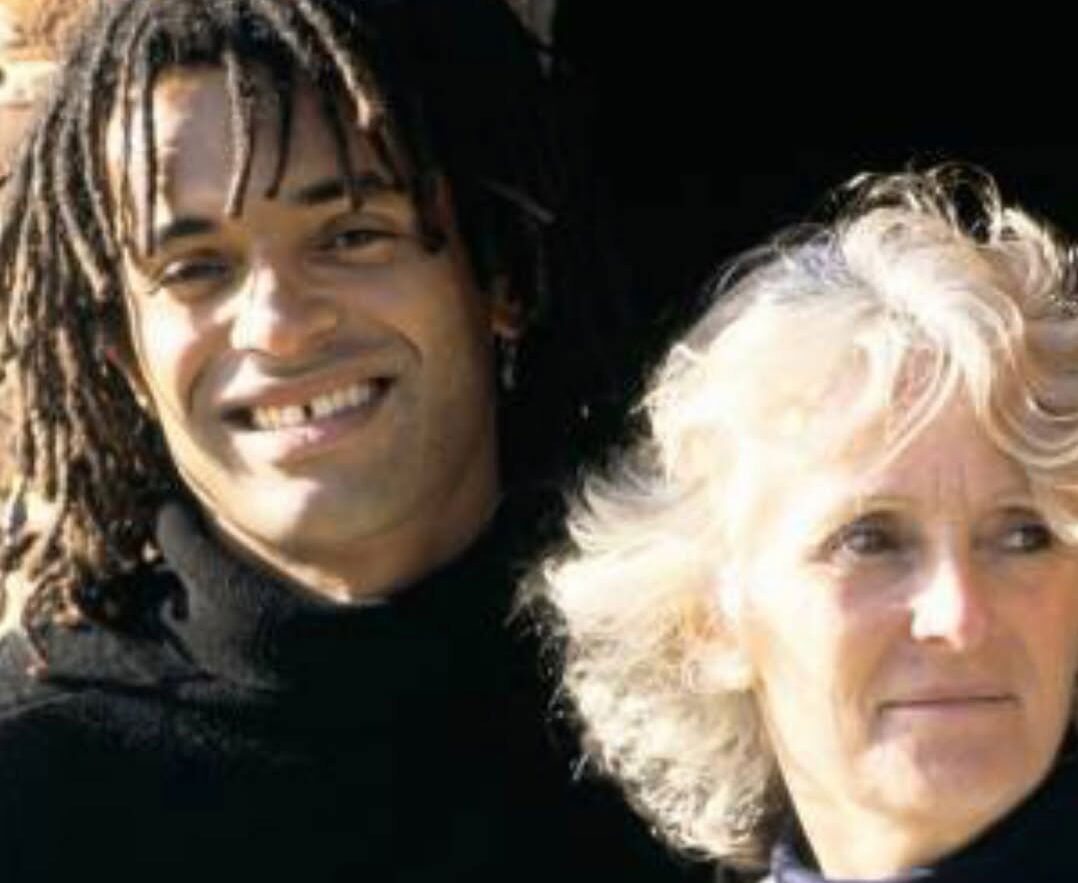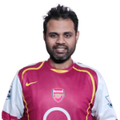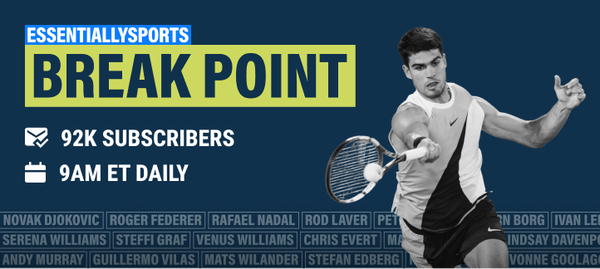Sep 19, 2025 | 2:55 PM EDT

Imago
Credits – Instagram @yannicknoah

Imago
Credits – Instagram @yannicknoah

Imago
Credits – Instagram @yannicknoah

Imago
Credits – Instagram @yannicknoah
June 5, 1983 – when French tennis got the biggest gift from Yannick Noah. And 42 years later, he remains the last Frenchman to win the Roland Garros. For Noah himself, it was the stars aligning for the greatest moment of his life on the tennis court. “All, all the family was there, all my friends … Everywhere I looked, I saw some familiar happy faces. So that was, like, it was perfect,” the tennis legend shared in his interview with ‘We Are Tennis’ in July 2025.
Watch What’s Trending Now!
As we all know, Yannick Noah’s life story didn’t stay limited to tennis, and the iconic personality has lived his life to the fullest, being fearless, taking risks, while making sure to spread love and foster brotherhood in the world. And so much of who Yannick Noah is, and what he believes in, has its roots in his upbringing.
Who are Yannick Noah’s parents?
Yannick Noah was born on May 18, 1960, in the Sedan commune of France. His father was Zacharie Noah, a football player who had won the Coupe de France with Sedan-Torcy in 1961. However, an injury cut his career short, and he had to retire in 1963 at the age of 26. In fact, that same year, he, along with his family, would move to Cameroon, his birthplace.
On the other hand, Yannick Noah’s mother, Marie-Claire Échalier-Perrier, was beginning her career as a primary school teacher when she met Zacharie Noah. Zacharie and Marie-Claire had 3 children – 2 duaghters, Isabelle and Nathalie, then a son, Yannick.
Yannick Noah’s mother started an association, Les enfants de la terre, in 1988, with Yannick Noah to support children in need. Since her death in 2012, her daughter, Nathalie Noah, has taken over as president of the association, and Yannick Noah has been named honorary president alongside his sister.
View this post on Instagram
Unfortunately, while Marie-Claire Échalier-Perrier passed away on October 3, 2012, following a long illness, Zacharie Noah passed away peacefully in his sleep on January 8, 2017.
What ethnicity are Yannick Noah’s parents?
Yannick Noah’s mother is French, and his father is Cameroonian. And this cultural duality, coupled with Yannick Noah’s childhood days, which were spent both in France and Cameroon, helped him be the bridge between two cultures, which he advocates through his songs, but also showcased during his tennis career.
“I’ve always felt that the reason why I [am] where I am was [that] my two cultures accept each other,” Noah said to Inside Tennis in August 2014. “I played for France with the Cameroon colors. I sing about my black African grandfather, and I sing about the beliefs we have.”
On the other hand, while Noah’s mother was proud of her French lineage, and she made sure her son respected both his ethnic roots, as Yannick Noah narrated in his ‘We Are Tennis’ interview. “My mom was always telling me, you know, during all these years, ‘Oh, everybody say you’re Black, but you’re White, too. You’re 50/50. Why everybody say, oh, the Black, the African. You’re not. You’re African, but you’re also French.’”
Yannick Noah’s relationship with his parents
The French tennis legend had made his father the happiest when he beat Mats Wilander in straight sets to lift the French Open title in 1983. And his father coming down to the court to hug Noah has since become one of the most iconic moments in French Open history.
Talking about his mother to We Are Tennis, Yannick Noah had said, “My mom was, like, central and more important than anyone in my journey.” And when he led the French team to the Davis Cup triumph in 1991, he dedicated it to his mother. “Being the French Davis Cup captain was a way to give back to my mom,” Noah said. “When we won the trophy in ’91, that was for her. That was really for her. She had the trophy at home. I gave it to her.”
In fact, the tennis star took up singing as a form of therapy, which also helped with his healing after he lost his mother. “Whether you can express it or not, you always play for someone and for some people, for someone. You always play for your family,” Yannick Noah had said about his tennis journey. Family has always been his cornerstone of happiness and the reason to play. And Noah still has some chapters to add to the story.



